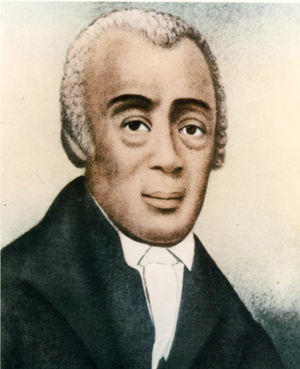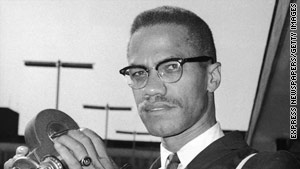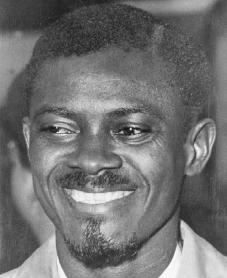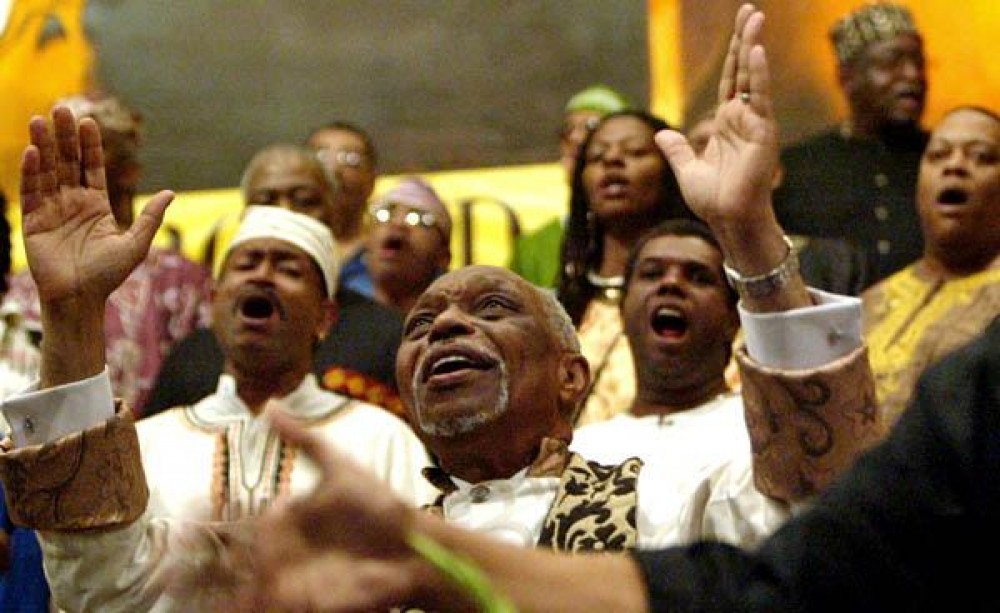The quest for freedom has been a constant struggle for African-Americans in modern America. This course will explore the context of how a prophetic tradition emerged while the rhetoric and activism of leaders reflected efforts to dismantle the economic, social, and political disenfranchisement African-Americans endured in a racially hostile country. Drawing upon early anti-slavery sermons, speeches and other primary source documents which reflect the historicity of selected eras in American history, we will study individuals who embraced this prophetic tradition and strived to achieve full liberation in American society.
Throughout the course, we will explore various texts, sermons, interviews, and documentaries related to the development and progression of the African-American Prophetic Tradition. Below are some of the people we will be learning about this semester.

Richard Allen was a minister, educator and writer, and the founder in 1816 of the African Methodist Episcopal Church, the first independent black denomination in the United States.

Jarena Lee was a 19th-century African-American woman who left behind an eloquent account of her religious experience. She was also the first woman authorized to preach by Richard Allen, founder of the African Methodist Episcopal Church in 1819.

Nathaniel “Nat” Turner was an American slave who led a slave rebellion in Virginia on August 21, 1831 that resulted in 60 white deaths and at least 100 black deaths. He gathered supporters in Southampton County, Virginia.

Sojourner Truth was the self-given name, from 1843 onward, of Isabella Baumfree, an African-American abolitionist and women’s rights activist.

William Edward Burghardt “W. E. B.” Du Bois was an American sociologist, historian, civil rights activist, Pan-Africanist, author and editor.

Anna Julia Haywood Cooper was an American author, educator, speaker and one of the most prominent African-American scholars in United States history.

Septima Clark was an American educator and civil rights activist. Clark developed the literacy and citizenship workshops that played an important role in the drive for voting rights and civil rights for African Americans in the American Civil Rights Movement.” She became known as the “Queen Mother” or “Grandmother of the American Civil Rights Movement” in the United States.

Ella Josephine Baker was an African-American civil rights and human rights activist beginning in the 1930s. She was a behind-the-scenes activist, whose career spanned over five decades.

James Weldon Johnson was an American author, politician, diplomat, critic, journalist, poet, anthologist, educator, lawyer, songwriter, and early civil rights activist.

Malcolm X, born Malcolm Little and also known as El-Hajj Malik El-Shabazz, was an African-American Muslim minister and human rights activist.

Robert Franklin Williams was a civil rights leader, the president of the Monroe, North Carolina NAACP chapter in the 1950s and early 1960s, and author. At a time when racial tension was high and official abuses were rampant, Williams was a key figure in promoting armed black self-defense in the United States.

Patrice Émery Lumumba was a Congolese independence leader and the first legally elected Prime Minister of the Republic of the Congo after he helped win its independence from Belgium in June 1960
